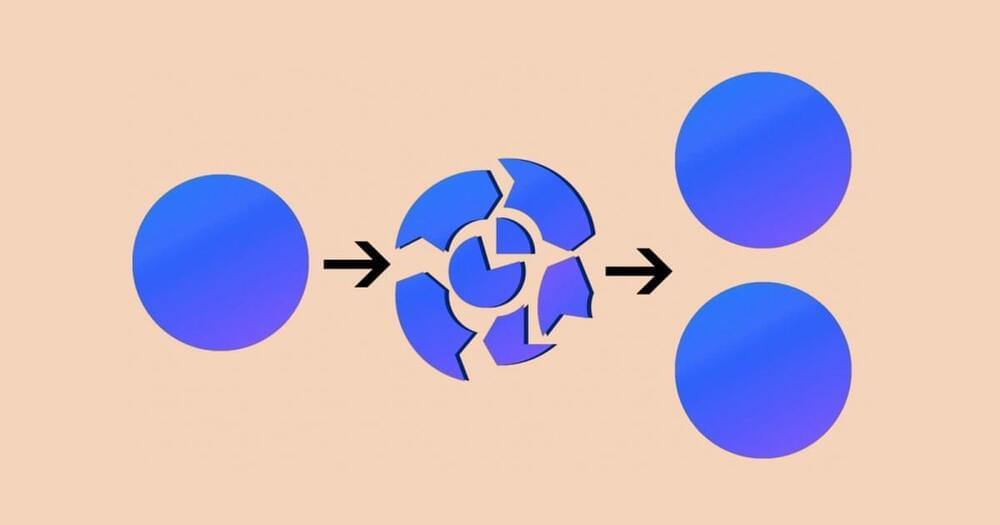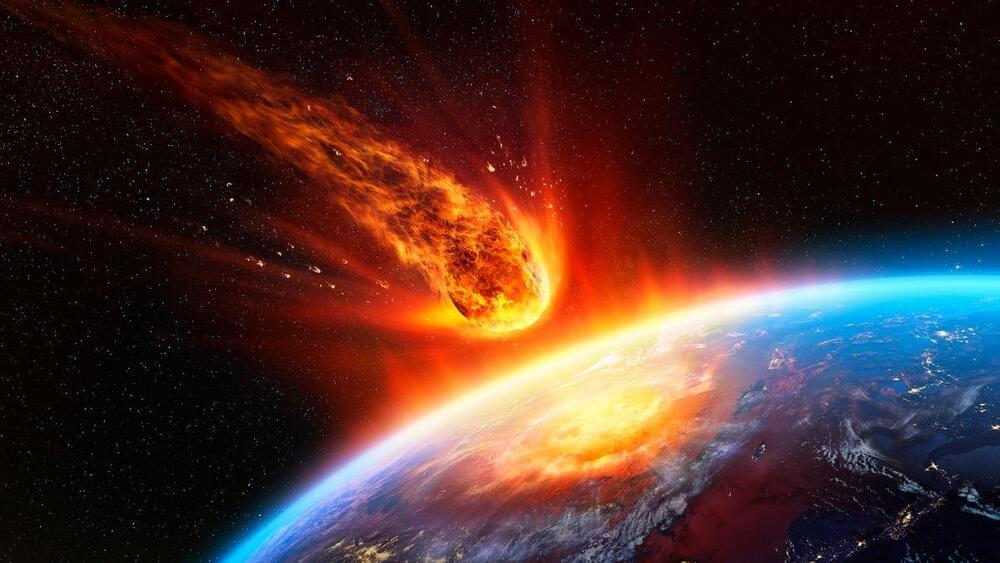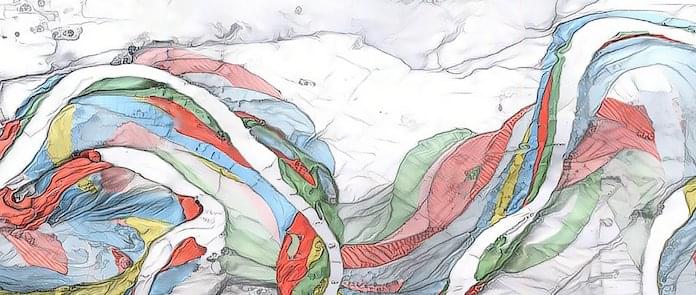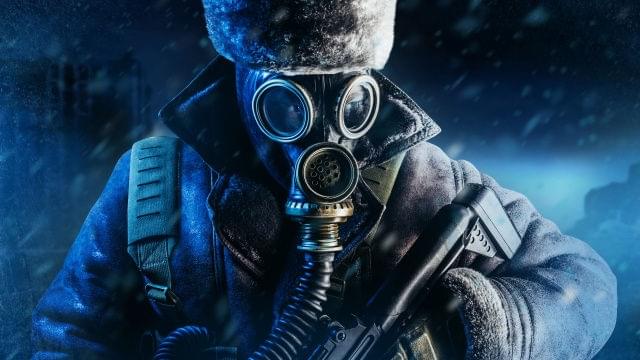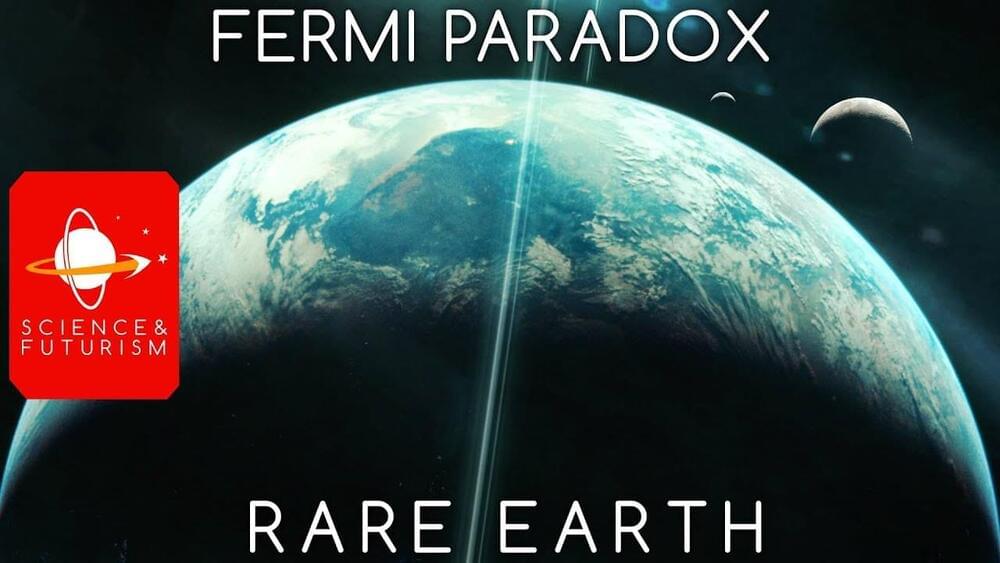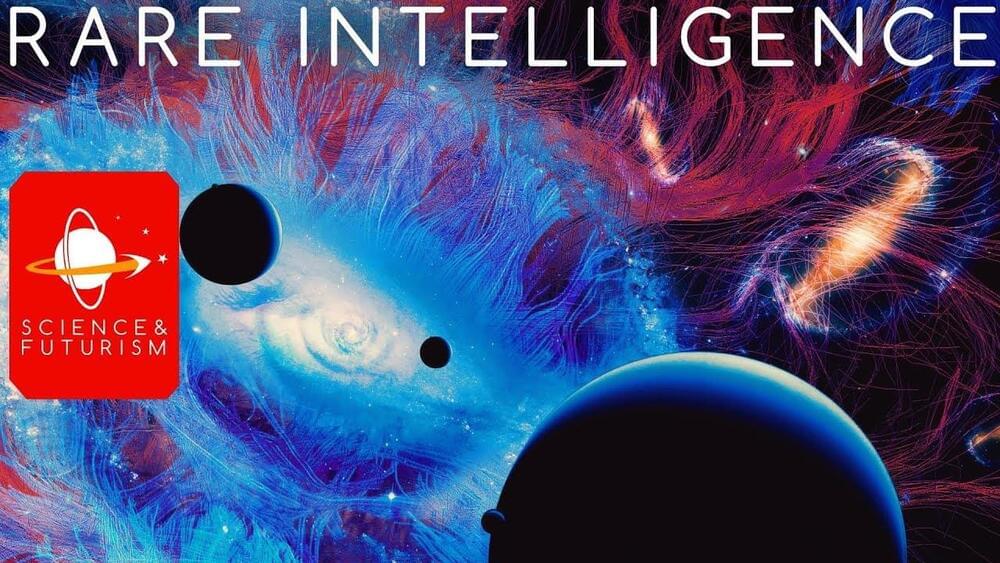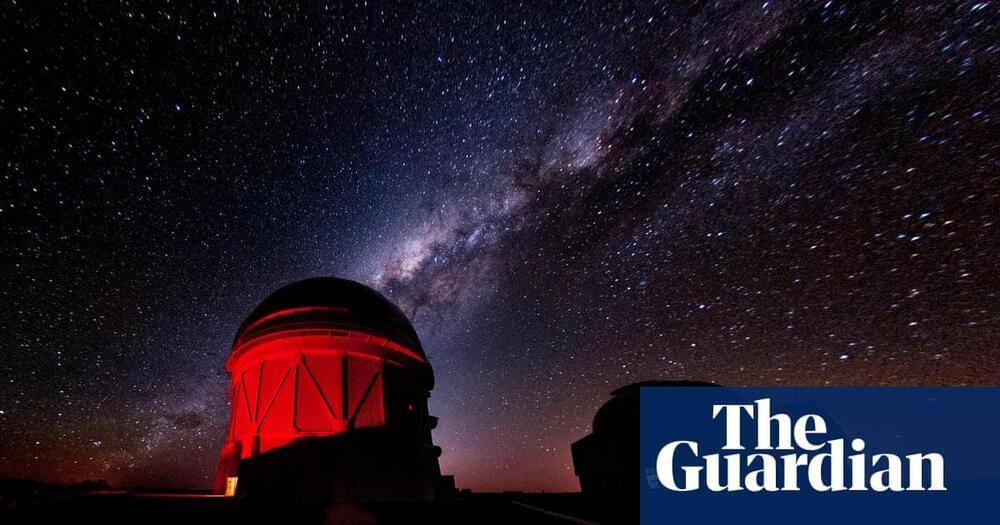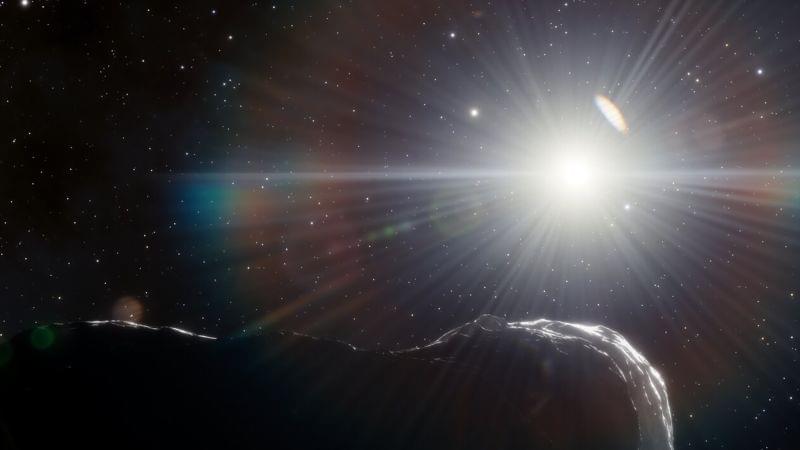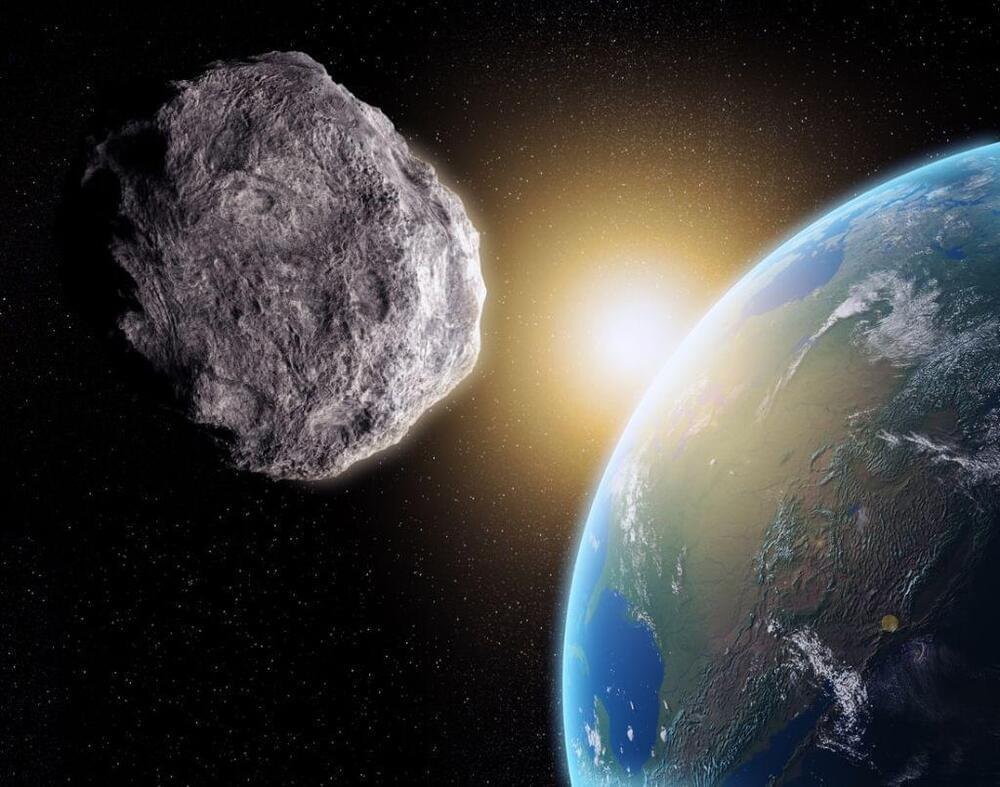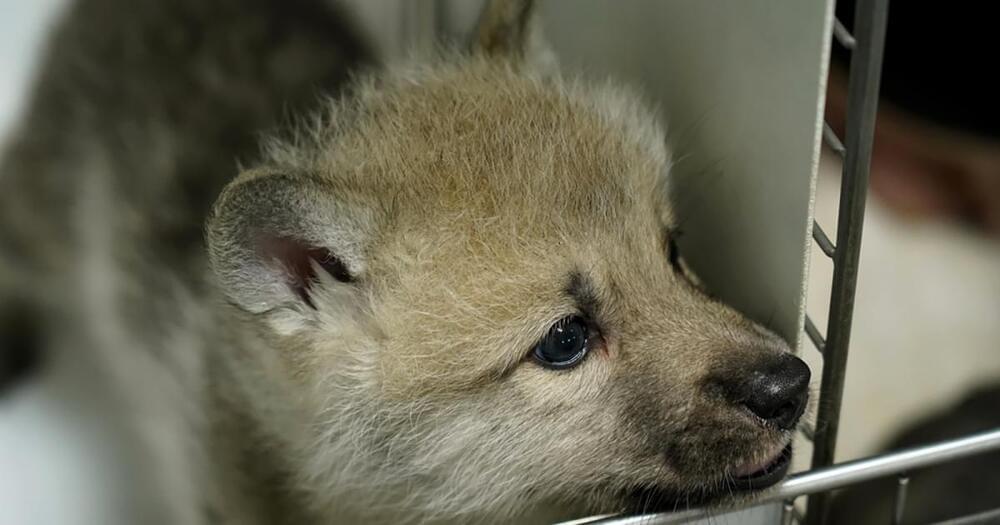Nov 9, 2022
10 Paradoxes That Will Stretch Your Mind
Posted by Dan Breeden in categories: alien life, existential risks, physics
As in physics, paradoxes in biology really are just unsolved puzzles. Enter Peto’s paradox. Biologist Richard Peto noticed in the 1970s that mice had a much higher rate of cancer than humans do, which doesn’t make any sense. Humans have over 1,000 times as many cells as mice, and cancer is simply a rogue cell that goes on multiplying out of control. One would expect humans to be more likely to get cancer than smaller creatures such as mice. This paradox occurs across all species, too: blue whales are much less likely to get cancer than humans, even though they have many more cells in their bodies.
Fermi paradox
Continue reading “10 Paradoxes That Will Stretch Your Mind” »
